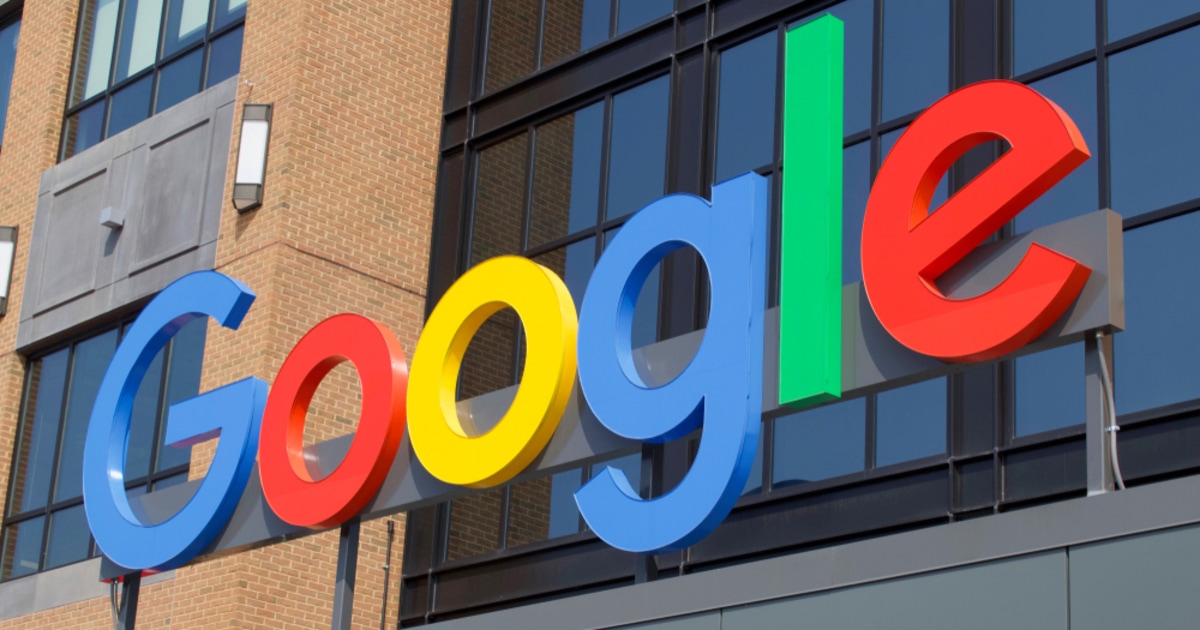Google Sues Unknown Entities for Malware Scheme Disguised as AI Chatbot Bard
Zach Anderson Nov 15, 2023 07:09
Google is suing individuals for a malware distribution scam involving false AI chatbot ads, aiming to protect users and intellectual property amid growing digital security challenges.

Google LLC has initiated legal proceedings against three anonymous individuals, accusing them of orchestrating a sophisticated malware distribution scheme under the guise of offering upgrades to Google's AI chatbot, Bard. The lawsuit, filed on November 13, 2023, in the Northern District of California, San Jose Division, identifies the defendants as "Does 1-3," reflecting Google's current lack of specific identification.
Google alleges that the perpetrators have been exploiting the company's trademarks, particularly those related to its AI products like "Google, Google AI, and Bard." By creating misleading social media profiles and pages that mimic Google's branding, these individuals have reportedly been luring victims into downloading malware. The fraud involves invitations to download free copies of Bard and other AI tools, purportedly from Google.
One striking example provided by Google includes a screenshot of a bogus "Google AI" social media profile used by the con artists. These profiles and pages are designed to deceive users into believing they are interacting with legitimate Google products.
Upon following the provided links, users unwittingly download malware, which is particularly engineered to hijack social media login credentials. This scheme is said to target businesses and advertisers primarily, exploiting their reliance on social media for marketing and communications.
In response to these fraudulent activities, Google has requested the court to grant a comprehensive restraining order and award damages, including attorneys' costs. The tech giant is also seeking permanent injunctive relief for the harms caused by the defendants, any profits gained from the fraud, and other equitable relief deemed appropriate by the court.
This lawsuit emerges at a time when AI services, especially chatbot services, are experiencing a significant increase in global users. Recent data reveals Google's Bard bot attracting 49.7 million individual visits each month, while OpenAI's ChatGPT records over 100 million monthly logins and approximately 1.5 billion unique website visits.
Over the past year, major tech companies like Google, OpenAI, and Meta have been embroiled in various legal disputes. In July, Google faced a class-action lawsuit, underscoring the legal complexities in the rapidly evolving AI and digital services sector.
This case underscores the critical need for heightened digital security measures as AI technology becomes more integrated into everyday digital interactions. Google's lawsuit not only seeks to safeguard its own intellectual property but also aims to protect unsuspecting users from malicious cyber activities disguised as legitimate AI offerings.
Image source: Shutterstock.jpg)